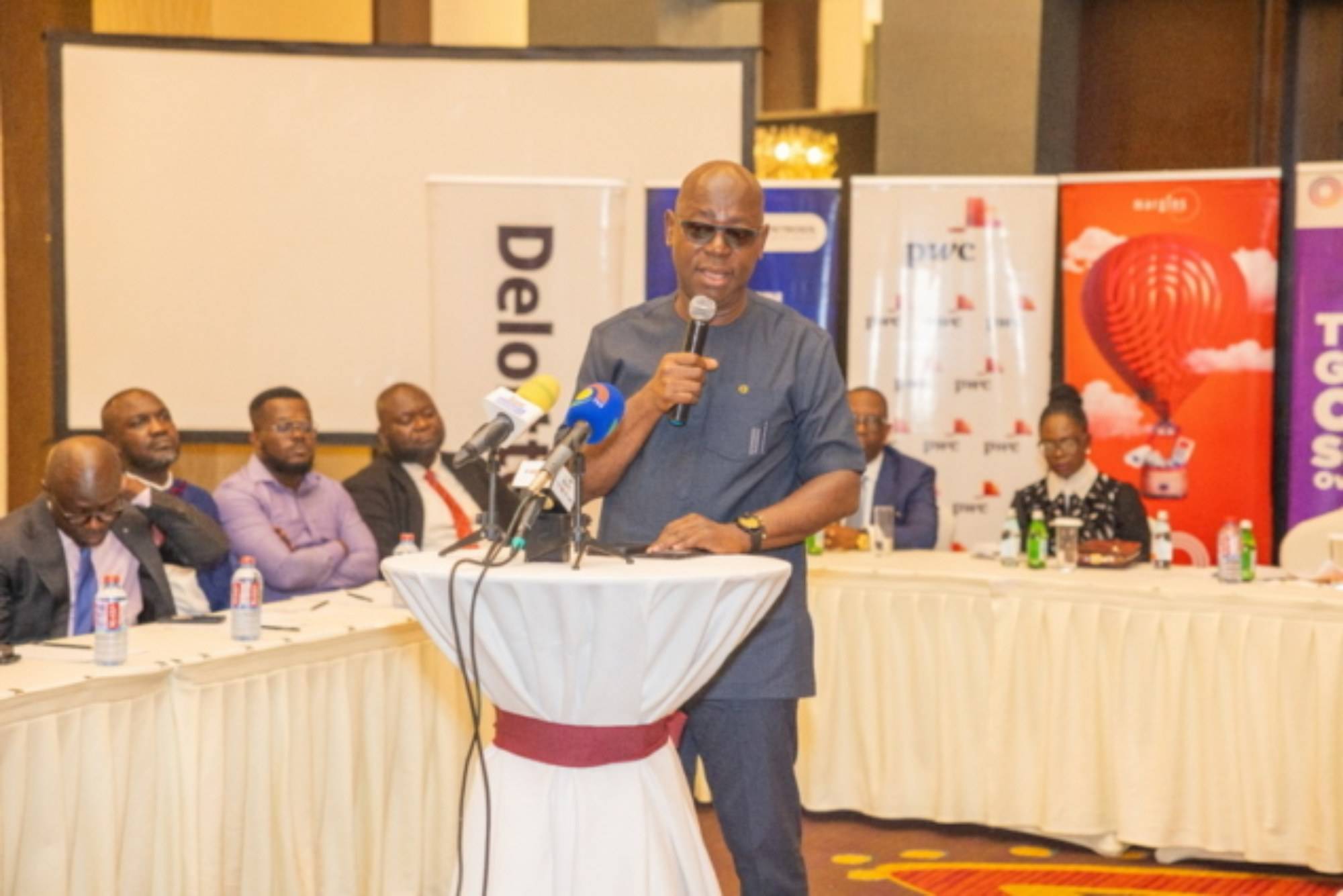In today’s increasingly fragmented world, where trade tensions simmer and protectionist policies take hold, Africa stands at a pivotal moment. The so-called "borderless global economy", once seen as an inevitable march toward a unified world, has begun to crack, revealing a reality where nations are turning inward, nationalism is on the rise, and global cooperation seems more like a distant dream. It is within this volatile global context that Africa must rise to the occasion, especially in securing its technological sovereignty.
Read Also: Ukraine on the sidelines: US-Russia deal raises concerns
At the launch of the 2025 CEO Summit in Accra, Moses Kwesi Baiden Jr., the CEO and Founder of Margins ID Group, delivered a wake-up call to business leaders, policymakers, and entrepreneurs across the continent. His message was clear: Africa must act decisively and swiftly to build and own its technology. The time to build is now, not in some distant tomorrow. In an era where the forces of global change are reshaping the landscape, Africa cannot afford to remain a passive player on the periphery of this digital revolution.
As Mr. Baiden aptly put it, "In the world that’s coming, you either build or you are built." This age-old wisdom could not be more relevant. It is no longer enough to be a consumer of technology; Africa must be a creator, a driver of its digital destiny. The continent’s future is at stake, and the urgency for action is undeniable.
Baiden’s speech underscored a critical vulnerability facing Africa today: the growing dependence on foreign-controlled digital platforms. Cloud services, intellectual property storage, and social platforms are all essential tools for business across the continent, yet they are predominantly owned and controlled by foreign entities with their geopolitical agendas.
The recent disruptions in access to these platforms have exposed Africa’s vulnerability in this area. "Imagine a future where your corporate memory, your data, your identity can disappear overnight—not due to your failure, but because of decisions made halfway across the world," Baiden warned. Once a far-off concern, this scenario is becoming an all-too-real possibility.
The risks of such dependence are dire. In a world where geopolitical tensions are escalating, African countries are at risk of being caught in the crossfire, unable to control or protect their digital futures. The more Africa relies on external systems, whether for cloud storage, financial technologies, or social platforms, the more it exposes itself to the whims of global forces. Without proactive steps, the continent risks becoming a digital colony, shackled by rules it did not make, vulnerable to disruptions it cannot predict or prevent.
The Fourth Industrial Revolution is here, and it is unfolding at a breakneck pace. Artificial intelligence, data analytics, automation, and digital connectivity are rapidly reshaping industries and economies. While many nations are racing to harness these technologies for competitive advantage, Africa risks being left behind—or worse, being shaped and defined by others within this new global order. "The future belongs to those who create it," Baiden boldly declared. In this new world, the only way to secure a seat at the table is to set the table.
Baiden’s call to action is rooted in the belief that Africa can no longer afford to be a passive observer of global change. The continent must design systems that are ethical, transparent, accountable, and anchored in the values of governance, productivity, and inclusion. It’s not just about having the capital to innovate; it’s about having the courage and vision to lead with purpose. As Baiden aptly pointed out, the private sector must take the lead, not just in financial investments but in fostering homegrown innovation that can scale and compete on the global stage.
But the challenge is not just technological. To truly build and own its technology, Africa must also reform its institutions. From governance to education, from public to private partnerships, the continent needs to recalibrate the very systems that will drive its digital future. Baiden called on CEOs and business leaders to become agents of change, driving long-term transformation and championing values-driven governance.
"The future demands governance, compliance, transparency, and effectiveness," Baiden said, stressing that these values must be embedded in both public and private institutions if Africa is to rise in the digital era. The path forward will require more than just technological innovation; it will require a complete institutional overhaul, one that aligns with Africa's aspirations for self-determination and sovereignty in the digital age.
In the 21st century, sovereignty is no longer defined by borders or resources but by data, algorithms, and systems. Digital sovereignty is not just about independence; it’s about self-determination. Baiden’s plea for African governments to create national platforms that protect data, encourage innovation, and support local entrepreneurs is a call to action that cannot be ignored. However, he was equally clear that the private sector cannot afford to be passive in this endeavour. "We cannot be spectators in a future designed by others. If we do not act now, we risk becoming casualties of it," Baiden warned.
The reality is clear: Africa’s future will not be determined by the policies of foreign governments or global powerhouses. It will be determined by the institutions Africa builds, the talent it nurtures, and the technologies it owns. As nations around the world retreat behind trade walls and recalibrate their priorities, Africa must resist the temptation to wait for external handouts or policy shifts. The continent's destiny lies in its own hands. "You either build or you are built," and now is the time to start building.




No comments yet
Be the first to share your thoughts!